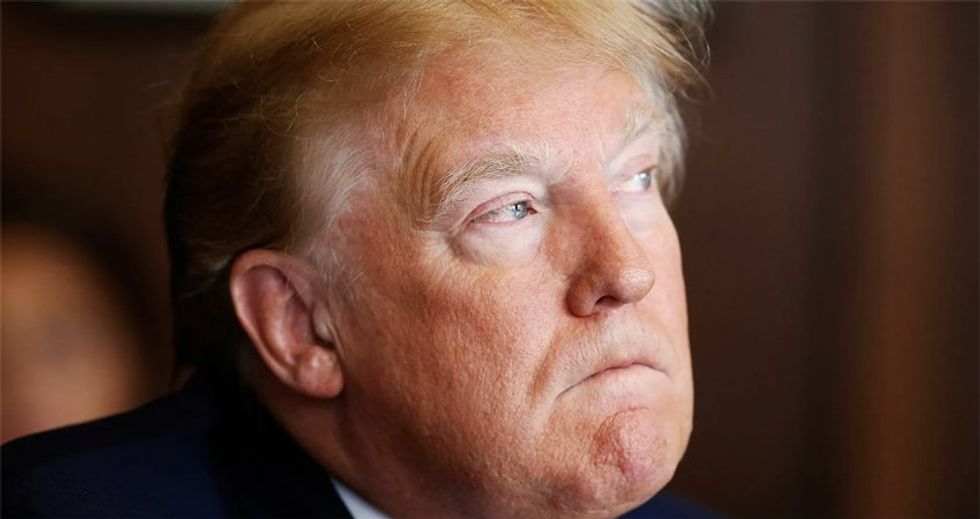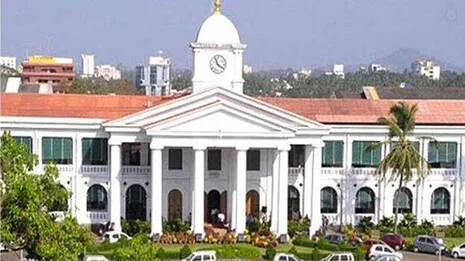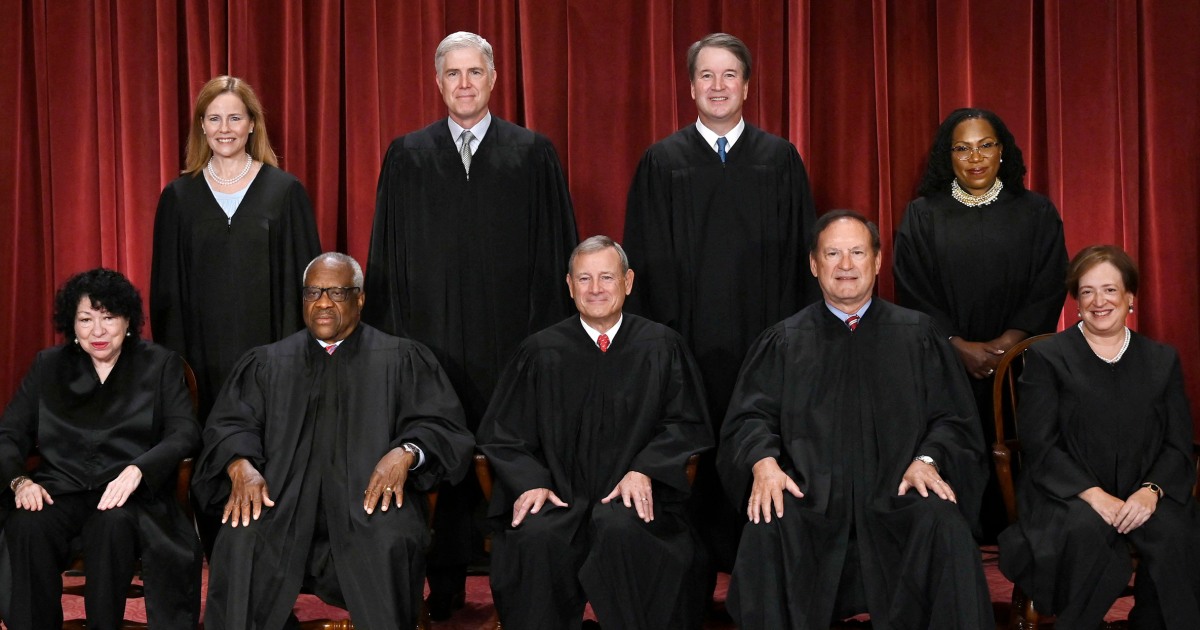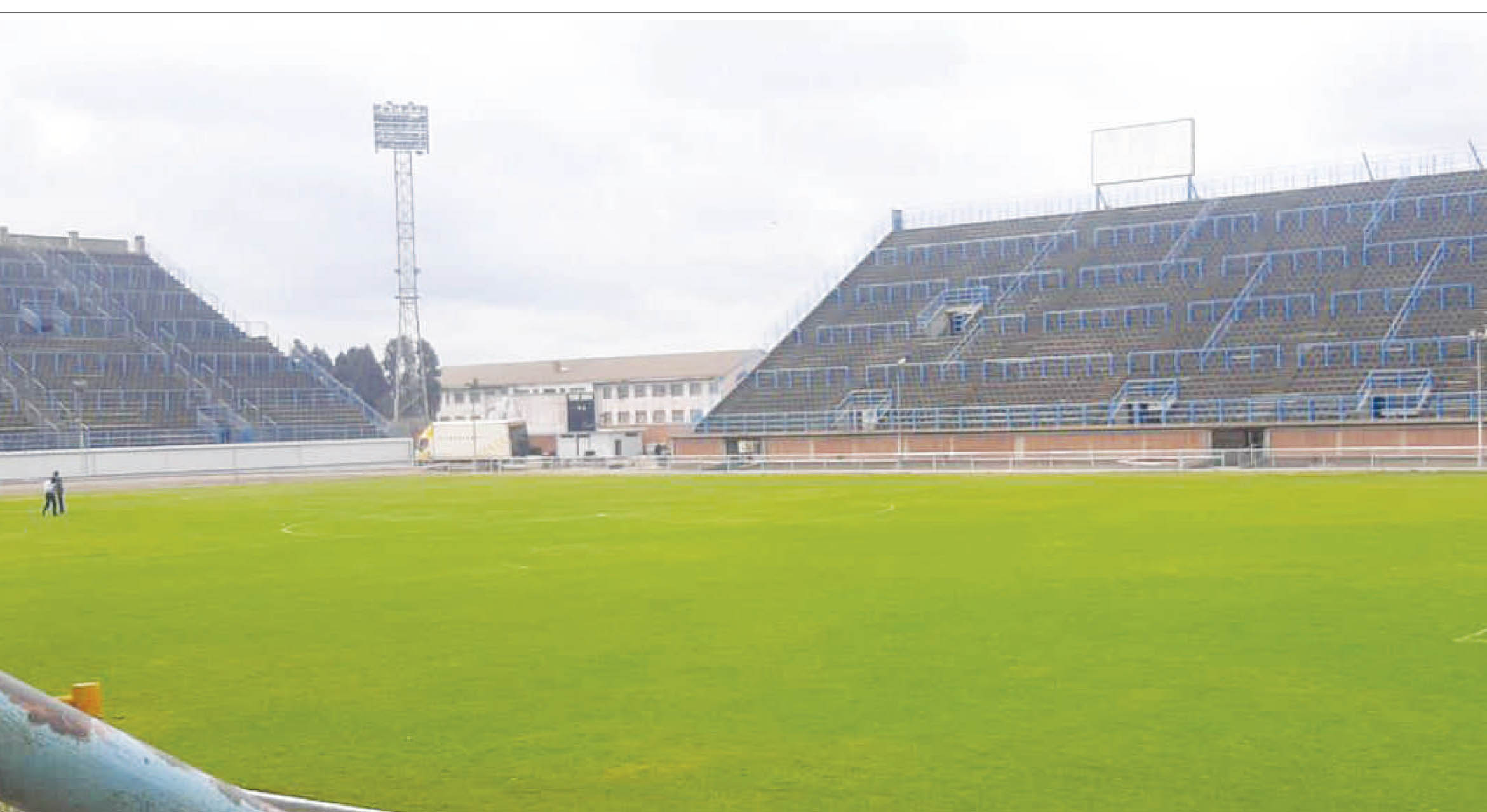
Premier Wab Kinew is about to get a first-hand lesson about how difficult it is to do the right thing. Read this article for free: Already have an account? As we navigate through unprecedented times, our journalists are working harder than ever to bring you the latest local updates to keep you safe and informed. Now, more than ever, we need your support.
Starting at $14.99 plus taxes every four weeks you can access your Brandon Sun online and full access to all content as it appears on our website. or call circulation directly at (204) 727-0527.

Your pledge helps to ensure we provide the news that matters most to your community! Premier Wab Kinew is about to get a first-hand lesson about how difficult it is to do the right thing. Read unlimited articles for free today: Already have an account? Opinion Premier Wab Kinew is about to get a first-hand lesson about how difficult it is to do the right thing. Starting in January, Kinew’s NDP government will introduce two tax measures that will likely stir up hard feelings among Manitoba voters.
First, the government is formally changing the education property tax rebate for 2025 by limiting it to $1,500 per property. Dan Lett writes that Manitobans will find out next month whether Premier Wab Kinew values fiscal sanity over political expediency. (Winnipeg Free Press) The province says that more than three-quarters of homeowners will actually get a bigger rebate on the education portion of their property taxes, but that still leaves a lot of people who are going to have their total tax bill or monthly payments go up noticeably.
If that weren’t politically risky enough, January is also the month when theoretically Kinew’s much-ballyhooed gasoline tax holiday is supposed to come to an end. The emphasis is on “supposed to.” The tax reduction was popular, so much so that Kinew extended it twice and touted it as a major boost to the provincial economy.
However, it has also been very costly; the government treasury is $300 million lighter because the 14 cent per litre tax was removed from gasoline for 12 months. That is an important number given the government is facing a fiscal crisis. The second-quarter update for the current fiscal year (April through September) showed the budget deficit was going to come in around $1.
3 billion, or $500 million higher than Kinew and Finance Minister Adrien Sala forecast last spring. Huge additional and unfunded expenditures in health care are definitely part of that equation, as are low revenues at Manitoba Hydro because of drought conditions. However, adding to the fiscal misery is the fact Kinew gave up hundreds of millions of dollars in revenue by removing the gasoline tax for a year.
If Kinew does the fiscally smart thing, he will start to charge the full gas tax as of Jan. 1 and combined with the additional revenue generated by changes to the education property tax program — the province hopes to collect an additional $140 million by moving to a flat-rate rebate — he will have more revenue to invest in areas like health care. That’s a big “if.
” Kinew has shown a fairly evolved capacity to read public opinion, and no doubt he will be wary of provoking Manitobans with too many increases in their tax burden at the same time. Even when those increases are 100 per cent justified. The most strident supporters of the gasoline tax holiday, including the Canadian Taxpayers Federation, have launched a campaign to convince Kinew to eliminate the gas tax once and for all.
They have tried to calculate the average savings from the tax and also done a public opinion survey that they say showed 80 per cent of Manitobans support another extension and 78 per cent want the levy eliminated. The problem for Kinew is that the federation, in keeping with its past performance, profoundly overestimates the impact of the gas tax cut. In a Dec.
12 news release, the group estimates a family that owns both a pickup truck and a minivan, who fill their tanks every two weeks, would save about $600 per year. That is a huge overestimate for a number of reasons. First, basing your calculations on a family with two over-sized vehicles is hardly representative.
As an example, the average car has, on average, a 55-litre fuel tank. On a fillup, the 14 cent per litre tax cut works out to be $7.70; on 26 fillups per year (using the federation’s frequency) that is a $200 saving.
Double it for two vehicle families, and its estimates are still 50 per cent higher than they should be. It would be easy to ignore the murky math of a third-party lobby group, except that it’s likely convincing many Manitobans the gas tax holiday is more of a necessity than a luxury. The same holds true for the education property tax rebate.
Kinew and Sala were justified in converting the Tory rebate program to a flat-rate benefit, ending the huge windfall for people who own more valuable-than-average homes. In 2023, the Tories bumped the rebate to 50 per cent of the education portion of property taxes, which provided payouts of more than $10,000 to the owners of the city’s most-valuable properties. By ensuring everyone gets $1,500, the tweaked NDP rebate program ensures homeowners on the bottom end get more, and those at the top end get less.
That’s more than fair. Taken together, these two issues present an enormous challenge to Kinew as he heads into 2025 and the second anniversary of his government. Kinew needs more revenue to support core programs.
The restoration of the gas tax and the amended education property tax rebate are fair, equitable and morally justified ways of accomplishing that goal. However, what is fiscally sane and morally defensible isn’t always politically expedient. In January, we’ll see whether the premier values sanity over expediency.
Or the other way around. » Dan Lett is a Winnipeg Free Press columnist. This column previously ran in the Free Press.
Advertisement Advertisement.














